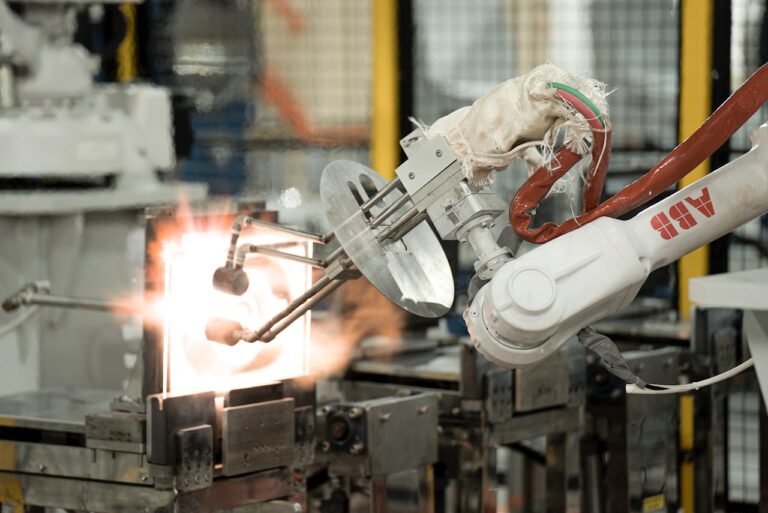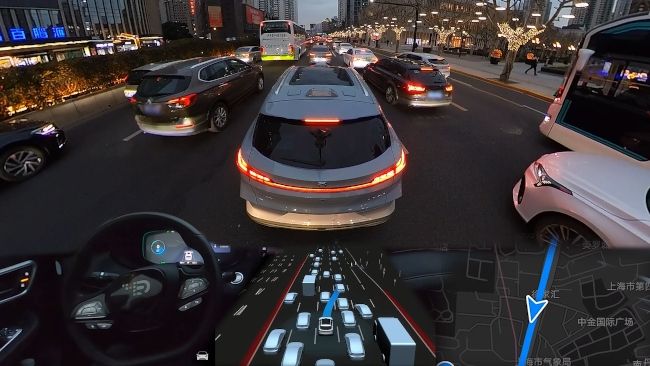President Donald Trump's bold tariff policies are creating major changes in America's robotics and AI industries in early 2025. Some companies are thriving while others struggle to keep up in this new economic landscape.
Robots to the Rescue
American factories are turning to robots faster than ever before. Why? Trump's tariffs have made global supply chains unpredictable, and companies want solutions they can count on.
Formic, which rents robots to businesses, has seen its customers increase robot usage by an impressive 17% in just one month. This happened right after Trump announced new tariffs that shook up international trade.
"When you can't predict what's happening with overseas workers and shipping because of trade tensions, robots start looking like a smart choice," says one industry expert. "They don't take days off, they don't get stuck in customs, and they're right here in America."
Big Tech's Big Moves
The tariffs aren't just affecting factories - they're forcing America's biggest tech companies to make dramatic decisions. NVIDIA, feeling the heat from these policies, has committed a massive $500 billion to build AI hardware and infrastructure in the United States over the next four years.
Trump has celebrated this as a win, saying his tariffs are successfully bringing high-tech manufacturing back to American soil. "This is exactly what we wanted to see," he declared after NVIDIA's announcement.
Speed Bumps for Innovation
However, not every tech company is finding it easy to adapt. Tesla has hit serious roadblocks with its cutting-edge projects. The company's futuristic Cybercab robotaxis and Semi electric trucks are now facing major delays because Trump's tariffs on Chinese goods forced Tesla to cancel plans to import essential parts.
A Tesla representative explained the difficulty: "Reinventing your entire supply chain overnight is nearly impossible, even for the most innovative companies in the world."
Counting the Cost
The price tag for these policies is substantial. Experts calculate that Trump's import duties will cost equipment manufacturers up to $1 billion every year. This isn't just from paying the tariffs - it also includes lost sales as equipment prices rise and the expensive process of finding new suppliers for components.
Two Paths Forward
A clear divide is forming in America's tech sector: companies offering American-made automation solutions are seeing booming business, while those that rely on global supply chains for advanced technology components are struggling to adapt.
The debate about Trump's tariff impact continues. Supporters celebrate the growth in domestic robotics and point to NVIDIA's massive investment as proof the strategy works. Critics highlight Tesla's production delays and the billion-dollar burden on American manufacturers.
One thing is certain - Trump's tariffs are fundamentally changing how America develops its robotics and AI technology. Only time will tell if this shake-up will strengthen or weaken America's position as a global technology leader in the years to come.


















